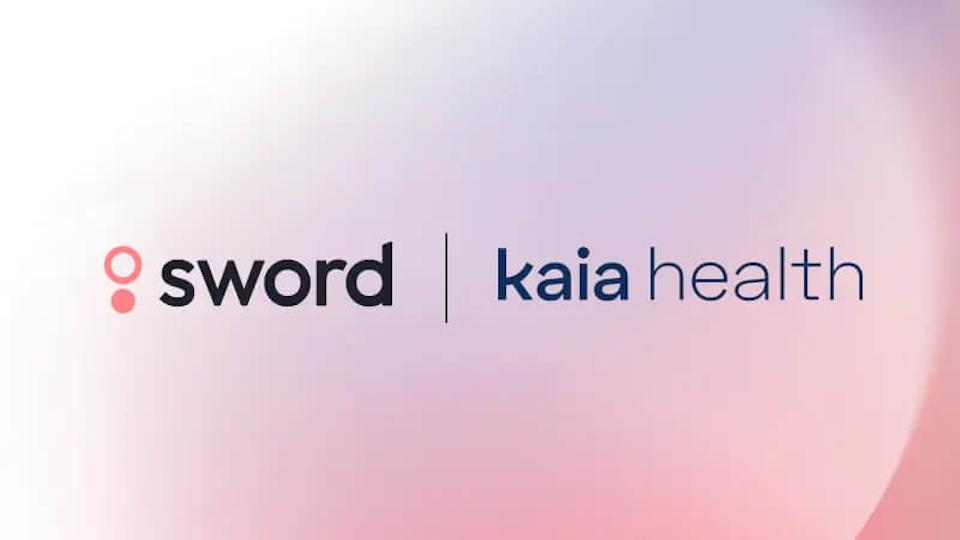NHS hospital trials algorithm to predict mental health crises

An algorithm could be used by an NHS hospital in England to predict which people may experience a mental health crisis based on their mobile phone use, according to a press report.
The New Scientist website reported that the system is being developed to track people’s mobile phone calls and messages to improve accuracy.
Birmingham and Solihull Mental Health NHS Foundation Trust worked with Alpha, a division of Spanish telecoms firm Telefonica to see if there was a benefit to automatically flagging people most at risk of a mental health crisis to NHS staff.
Results of the project running between November and May 2019 have been released following a Freedom of Information Act request.
The scheme worked by presenting 25 people that the system calculated were most at risk of a crisis within the next 28 days.
Healthcare professionals followed up certain cases by phone or face to face and found the tool to be useful in around 64% of cases.
An evaluation report went on to conclude the tool “could become part of routine clinical care” and prepares the ground for a second phase of research where mobile network data would be accessed to improve the algorithm.
The idea behind this is to reduce the number of false positives, although the publication noted that it is unclear how accessing such data would improve the system.
Plans to access messages and location details emerged in a board meeting held last October, New Scientist reported.
The system uses five years of historical patient records and socioeconomic data from the NHS trust and was pseudonymised, with names replaced by strings of letters and numbers.
This identified 22 indicators the algorithm could use to judge if someone was at risk of an upcoming crisis, although details of those indicators have not been released by the Trust.
There were issues with the system – many of those flagged were already known to staff as being in a mental health crisis.
This could make clinicians less likely to follow up people flagged by the system, and the consent of patients was not sought as advised, as the trust said the UK’s Health Research Authority said it was not needed.
New Scientist quoted US psychiatrist Allen Frances, who is more sceptical. Predictive tools have been available for 50 years, he said, but have limited clinical or public health use because they are imprecise at “identifying a great many people who don’t get into trouble, missing many who do.”
A spokesperson for the Trust said the algorithm could “enhance (its) existing care and risk management process.”
medConfidential, a campaign group that requested documents from the Trust, urged it to think carefully before incorporating mobile phone data into the system.












